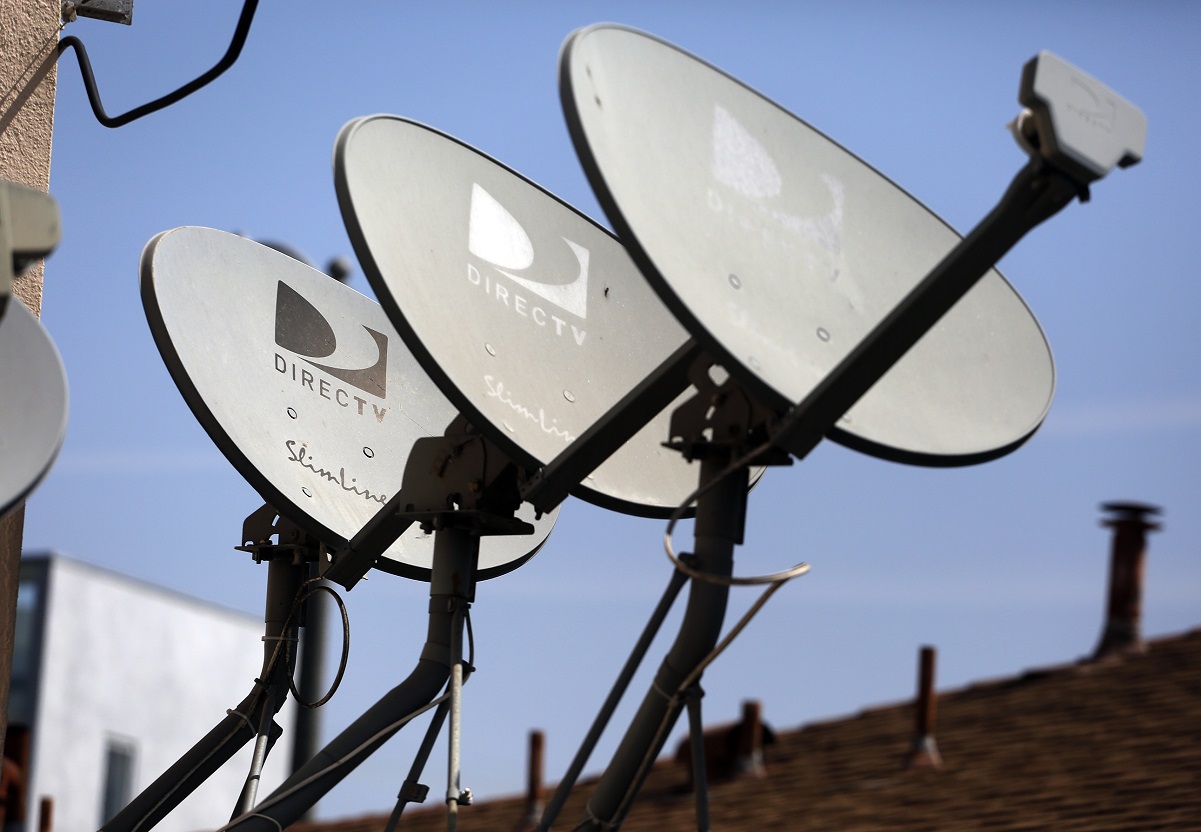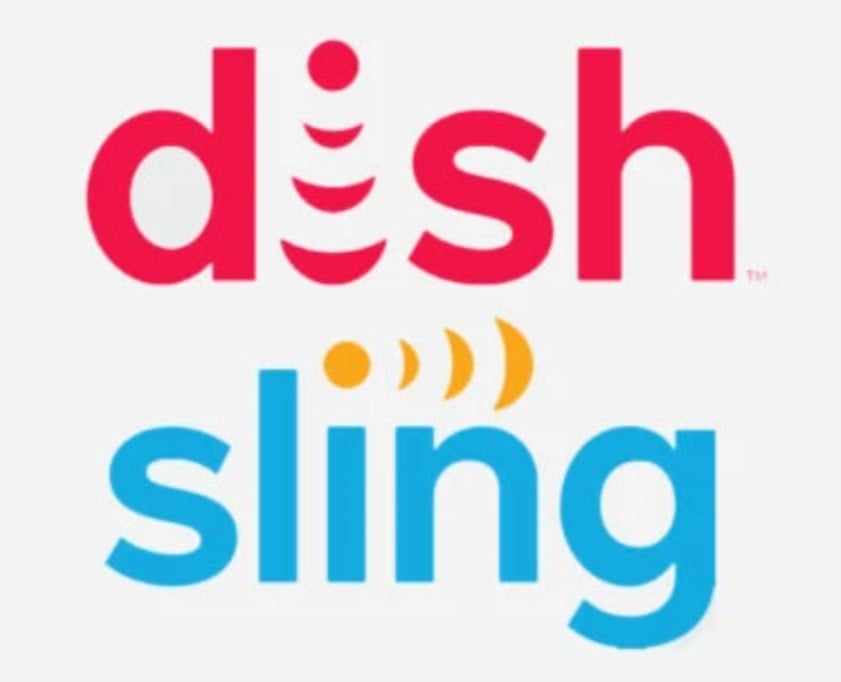
In the last two years, Dish Network has been attempting to pivot its focus away from its traditional satellite service towards 5G wireless. The company purchased Boost Mobile in a deal that closed in 2020, in a side deal from the T-Mobile/Sprint merger, and at the time, Dish’s CEO described the deal as “an important milestone in DISH's evolution as a connectivity company” and part of Dish’s plans to build “the first virtualized, standalone 5G network in America.”
As the calendar turns to 2022, a new report says Dish has fallen behind on some of its promises in regard to its 5G plans.
According to an analysis by SDX Central, Dish “missed every commitment” it made on 5G in 2021. The company had made various promises that were continually delayed, and Dish “repeatedly moved the goalposts” on its plans for delivering services. The company had promised in both 2020 and 2021 to have its 5G network deployed in at least one U.S. city, but the year ended without that happening.
At one point, Dish was promising that the 5G network would be deployed in Las Vegas in late 2021, but that turned out to be a beta version available to company employees and other “friendly” users, the SDX Central story said. Dish has said that the beta program will last for about ninety days.
Chairman Charlie Ergen admitted in November, the site said, that “we should have been a little faster on rollout in Las Vegas.” On the company’s most recent earnings call, they said that the full launch in Las Vegas will take place “ sometime in the first quarter of 2022.”
The story did note that Dish has spent a lot of money on 5G network equipment, dropping $281 million in the third quarter. The company, though, will be required by the terms of its merger agreement to provide coverage in every U.S. city with a population of 500,000 or more by 2023.
Dish has long been in the satellite TV business, one that is in serious decline. Dish lost 130,000 subscribers in the third quarter, the most recent quarter in which figures are available, leaving it with 8.4 million satellite subscribers. The company’s vMVPD service, Sling TV, gained 117,000 subscribers in the third quarter, giving it a total of 2.55 million subscribers.
Ergen, the company chairman, has said multiple times in recent years that a merger between the satellite businesses of Dish Network and its longtime rival, DirecTV, is “inevitable.” However, DirecTV was spun off from AT&T in 2021, in a deal that did not involve Dish Network in any way.
Stephen Silver, a technology writer for The National Interest, is a journalist, essayist and film critic, who is also a contributor to The Philadelphia Inquirer, Philly Voice, Philadelphia Weekly, the Jewish Telegraphic Agency, Living Life Fearless, Backstage magazine, Broad Street Review and Splice Today. The co-founder of the Philadelphia Film Critics Circle, Stephen lives in suburban Philadelphia with his wife and two sons. Follow him on Twitter at @StephenSilver.
Image: Reuters
"dish" - Google News
January 05, 2022 at 06:00AM
https://ift.tt/3HxVj9O
Dish Falls Short of Promises on 5G, Report Says - The National Interest
"dish" - Google News
https://ift.tt/2MXZLF4

No comments:
Post a Comment